Table of Contents
There are 5 must-have September themes in my classroom. September marks the beginning of a new academic year, a fresh chapter filled with excitement, curiosity, and possibilities. In a Montessori-inspired classroom, children thrive when given the freedom to explore and learn at their own pace, guided by their natural curiosity and interests. It is important to implement good classroom regulations, routines and good habits right from the start. Montessori principles value independence, care of self, care of the environment, and the establishment of order. These principles should be established from the beginning of the school year to ensure a smooth rest of the year. To provide an education that goes beyond mere academic achievement.

Care of Self
Nurturing self-care in children contributes to the development of self-esteem, positive hygiene practices, and independence. Taking time to practice how to wash hands, when to wash hands, and keeping hands clean throughout are some of the most important hygienic habits. Depending on their age group, putting on shoes, wearing jackets, and buttoning or zipping up jackets are also great self-care practices to focus on in September.
Personal Hygiene
Teach children how to wash their hands properly. Let the children take their time to practice the correct steps to use soap, rub their hands together, and rinse off the soap. Emphasize the importance of washing hands before meals, after using the washroom, and after playing outside or with pets.
Talk about other personal hygiene practices like brushing teeth twice a day, taking regular baths or showers and keeping one’s clothes and toys clean. Even if they are not done at school, it is important to talk about and educate children about these basic hygienic habits. It is a great way to make a connection between the home environment and school.


Read

Dressing Skills
Encourage children to practice dressing themselves. Teach them how to put on their shoes, wear jackets, and button or zip up their jackets. Provide clothes with easy-to-use fasteners to facilitate their independence and allow them to practice these skills. Montessori dressing frames are great shelf activities to practice these skills. Giving them abundant time to slowly learn and practice these skills are very important. Take your time to get ready to go outside. Give children time to be independent even if you will end up having ten minutes of outdoor play.


Healthy Eating Habits
Promote healthy eating habits by offering a variety of nutritious foods. Encourage the children to try different fruits, vegetables, and whole grains. Teach them about portion sizes and the importance of drinking water to stay hydrated. You can discuss healthy food choices during your circle time. Keep it clear and simple. Which food to eat more, which food to eat less, which food to stay away from and how often you should eat food are some of the facts that you can discuss with your children.
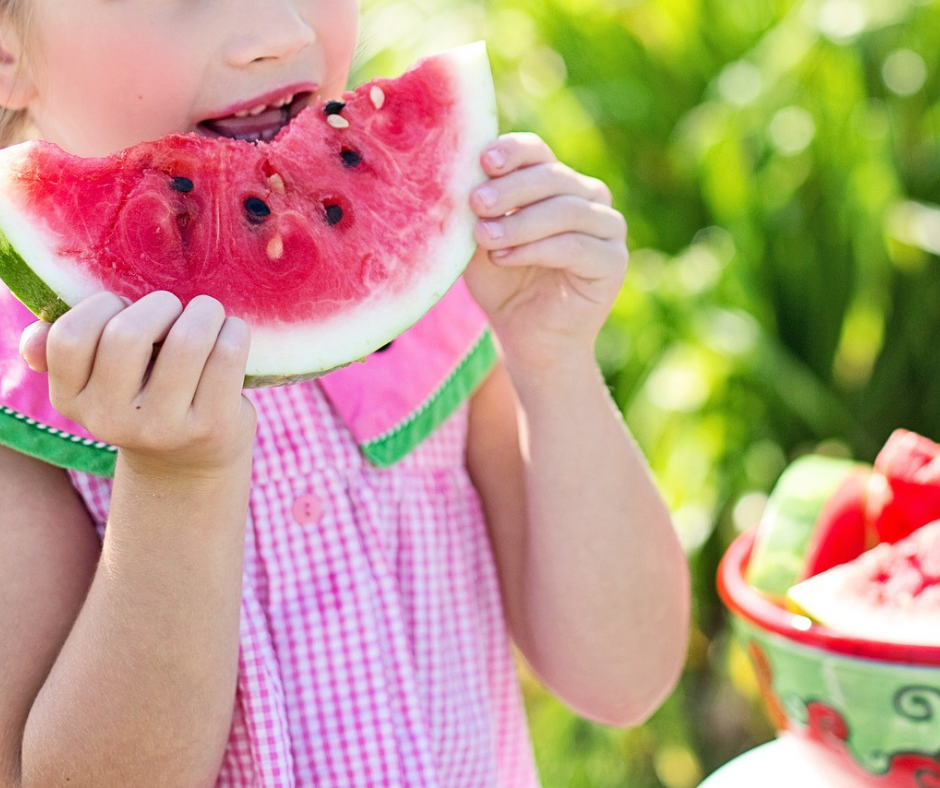
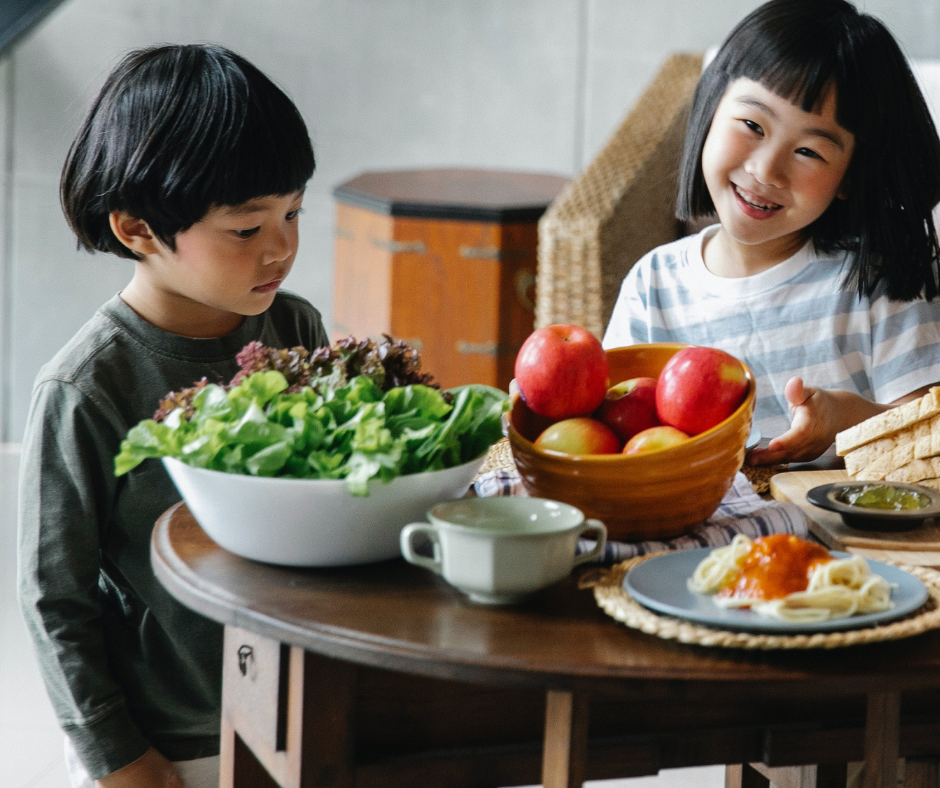
Emotional expression
September is the tear month. Especially for preschoolers or children who are new to school. Both parents and children got through separation anxiety. As teachers, we should not only comfort anxious children but also parents. For parents, it is best if you can encourage a quick drop-off. But with a promise of keeping them updated throughout the day. Educating them that it is normal for children to cry and get nervous also helps.
For children, constant and frequent reassurance is what will help. They just need to know that their parents will pick them up at the end of the day. And it is a promise. Be truthful. Never promise to call their parents if you are not going to. And most importantly, help them understand and express their emotions. Teach them simple strategies for emotional regulation. Taking deep breaths, redirecting, singing and toys are some effective methods. Create a safe and supportive environment where they can freely express their feelings. September is all about gaining your children’s trust.
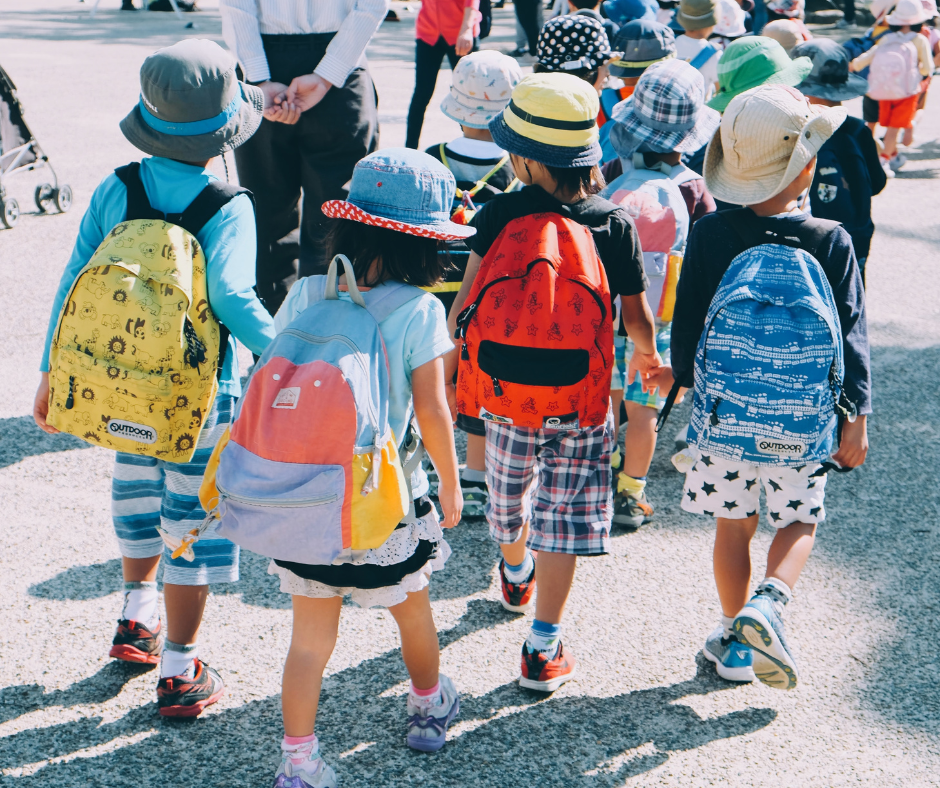

Physical Activity
Engaging children in organized and free gross motor activities is crucial. Plan age-appropriate activities that involve a lot of running, jumping, and dancing. Try to spend a lot of time outside. Exposure to nature and safe freedom of movement is essential at this age. Simple games that promote gross motor skills and physical fitness are also great.

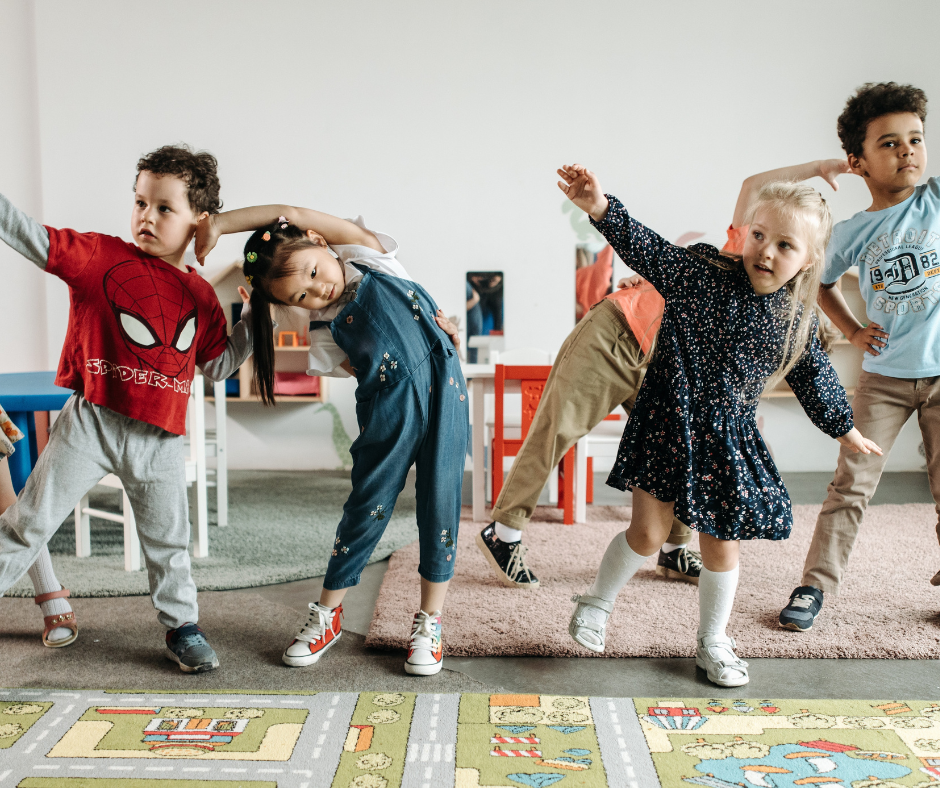
Rest
Children come with different sleeping habits. But children who are less than 4 years old and who spend more than 7 hours at school, should take a small nap or rest. Some children might feel nervous to nap away from home in the beginning. This is why we should talk about it in circle time and educate them about the importance of rest.
Rest or short naps are essential for young children to support their overall well-being. Being in school involves a lot of physical and mental activity. Taking a break for rest or a short nap allows their bodies and minds to recharge and rejuvenate. During this downtime, their bodies can repair and grow. Rest also helps with their emotions and maintaining a positive mood.
Care of Environment
Care of the environment includes habits that will maintain a clean and safe classroom. The children need to develop the habit of tucking in chairs when they leave, tidying after playing and doing shelf activities, and sweeping off bits of paper or crumbs on the floor…etc. more advanced activities can be setting up the table for snacks, cleaning the tabletop, sweeping, watering class plants…etc.
It is crucial to establish these simple habits right at the start. Show children how to roll a mat, carry a chair or tuck in a chair without making noise. First, present these activities in the way you expect them to do. Let children take turns to practice these skills. Show them how to spray and wipe off tabletops before having a snack.
Keep your classroom in an organized way to make it easy for children to maintain it. Every toy and activity should have a place or a home. Show the children how to put them away after use, so they will be ready for the next person to use. Keep a few indoor plants for children to take care of. Show them how to water them and trim them.
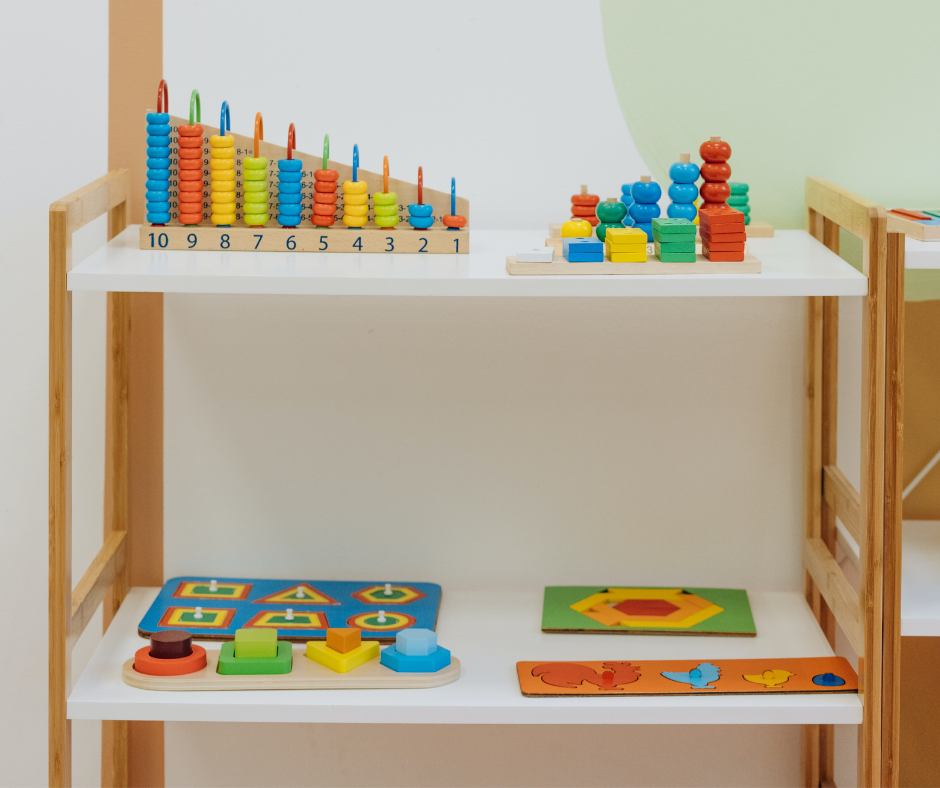
Grace and Courtesy – Care of others
Cultivation of grace and courtesy right from the beginning is crucial. Especially because nowadays children are being exposed to too much technology and are getting more and more self-centred. Grace and courtesy involve skills, behaviours, and attitudes that promote respect, gratitude and kindness toward others.
Grace and courtesy include respectful language, table manners, and certain actions in social situations. Start with the simplest habits in the beginning. For example, using a napkin at the table, avoiding eating ar during with a full mouth, and saying “excuse me” when you burp are some basic table manners. Saying “Please”, “Thank you”, “Sorry” and Excuse me” are some simple but very strong examples of respectful language. Blowing your nose properly, sneezing into your elbow, standing in a queue, taking turns and raising hands are some simple but very important habits to practice right from the beginning.
Friendship and Kindness
Cultivating friendship, empathy, and kindness from an early age in preschoolers is essential for their social and emotional development. This is a great September theme to introduce and model caring and sharing. By leading by example and modelling these qualities ourselves, we can teach children the importance of respect and empathy. Even though this is a very abstract concept for children, you can simple related story books, props and songs to introduce and teach these concepts.
Related Resources
⭐ Kindness, Compassion & Friendship – Lesson Plan – Valentine’s Day
⭐ Kindness, Compassion & Friendship – Valentine’s Day Lesson
⭐ Kindness Colouring Sheets
⭐ Kindness/Valentine Posters
Classroom Rules
Every classroom has its unique rules, routines and expectations. Taking time to establish these routines right in the beginning helps children adjust to the new environment easily. Establishing clear and effective classroom rules in preschool at the beginning of the year is very important for creating a positive learning environment. Children are sensitive to order. Not only do classroom routines help children adjust and settle easily but will lay a solid foundation for the rest of the year.
Related Resources
⭐ Class Rules Posters – Back to School Wall Deco
⭐ Geometric Shapes & Colours Wall Cards – Back to School Wall Deco
⭐ Birthday Chart – Wall Cards – Back to School Wall Deco
Conclusion
In conclusion, the month of September brings with it a wealth of possibilities for a Montessori-inspired classroom. By incorporating five must-have themes, we can lay a strong foundation for a successful academic year. The principles of independence, care of self, care of the environment, and the establishment of order serve as guiding lights, enabling children to explore and learn at their own pace. By implementing good classroom regulations, routines, and habits from the very beginning, we create an environment where children can thrive and excel. It is through this holistic approach to education that we can provide an experience that goes beyond mere academic achievement. September is not just the start of a new chapter; it is an opportunity to shape the minds and hearts of our students, fostering a love for learning that will last a lifetime. Let us embrace this transformative time and embark on a journey of discovery and growth together.


